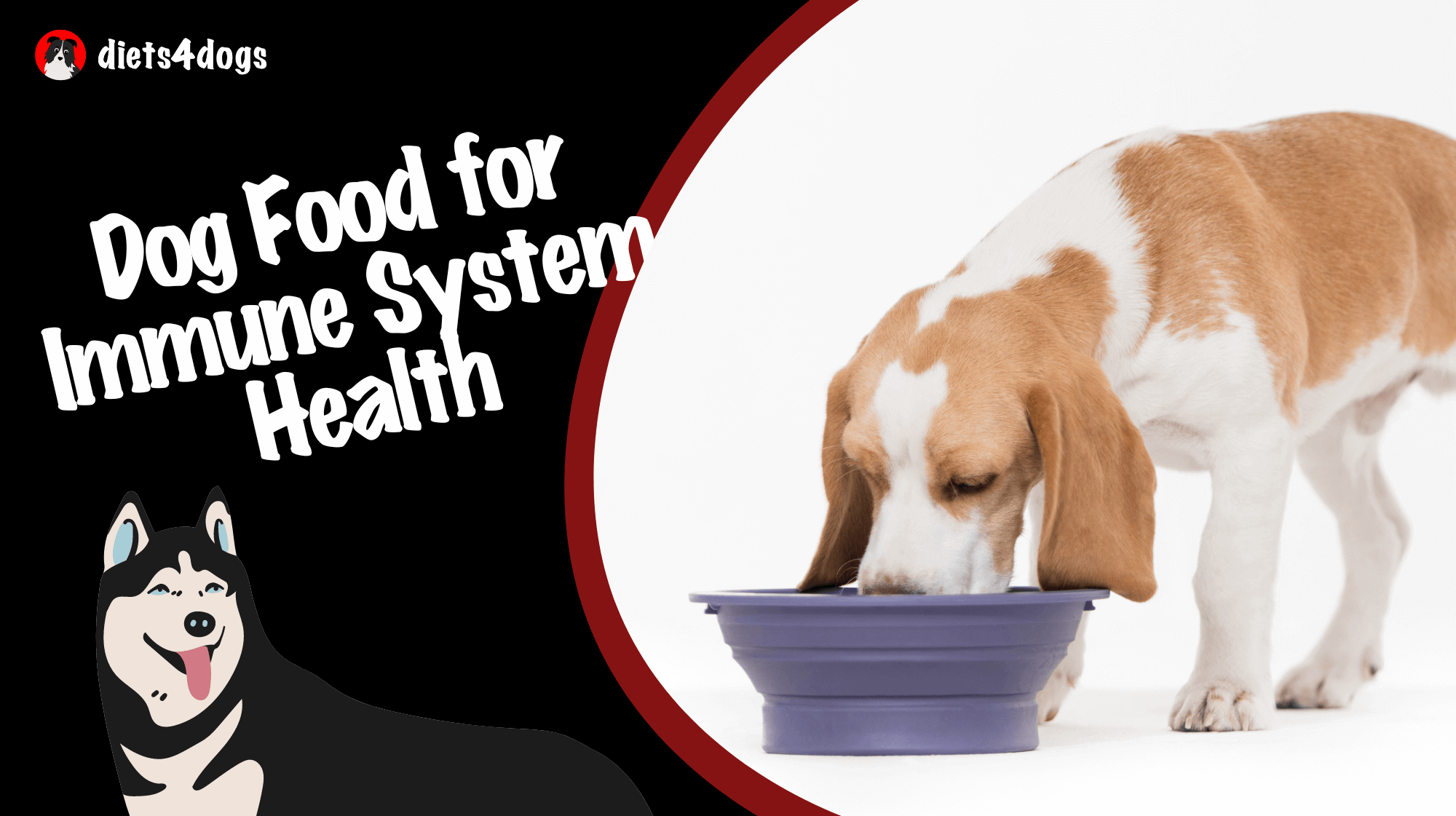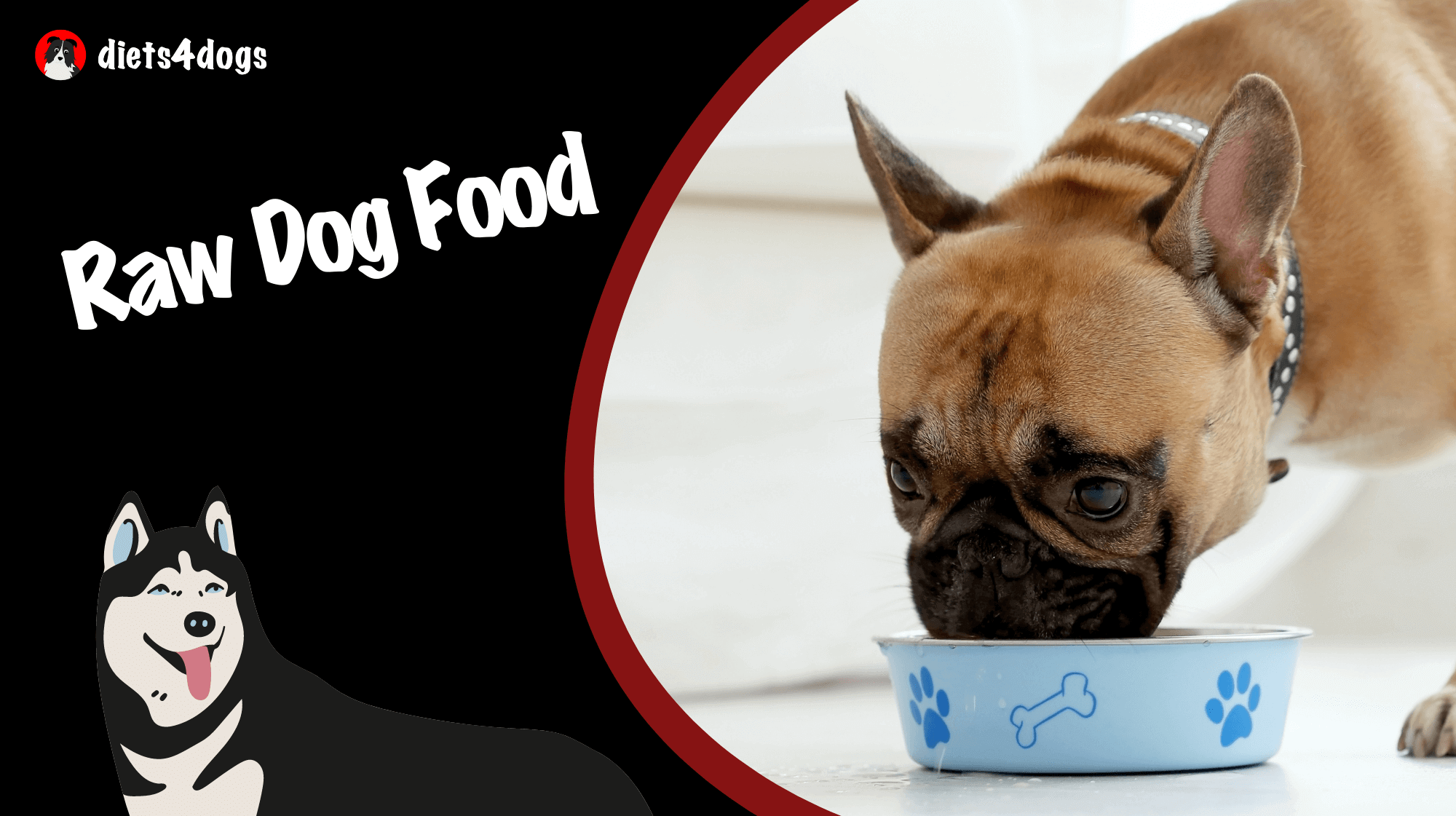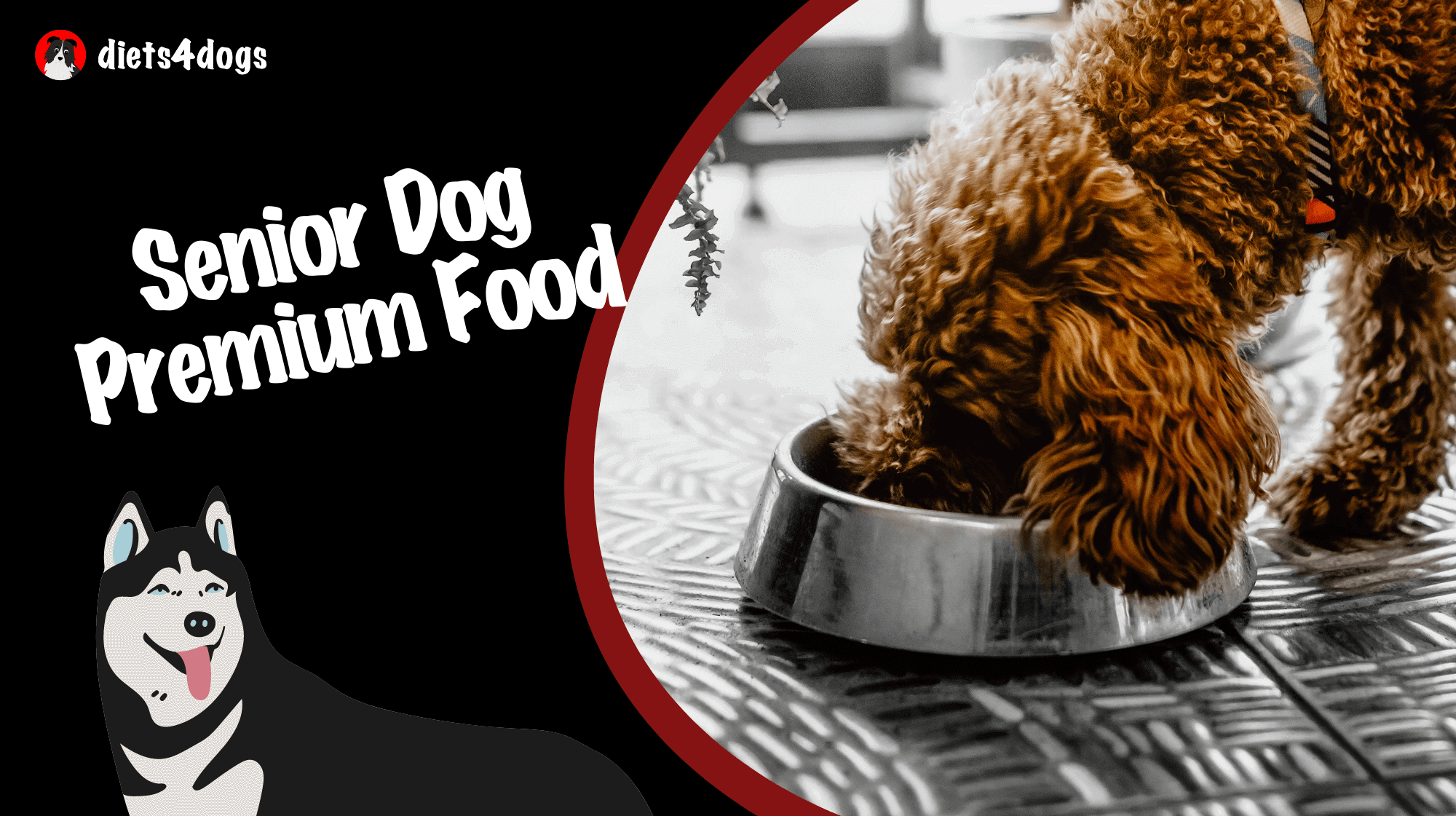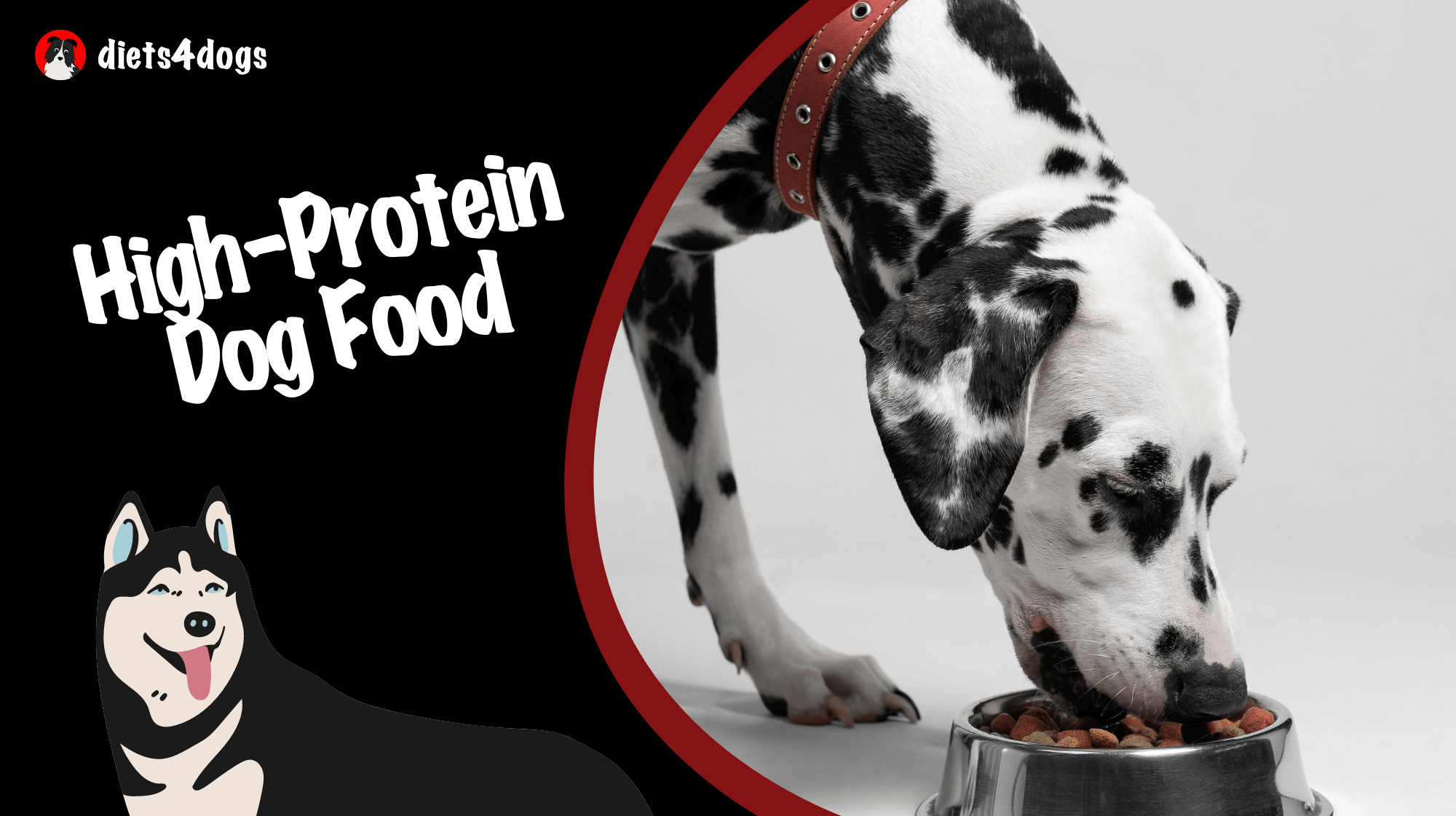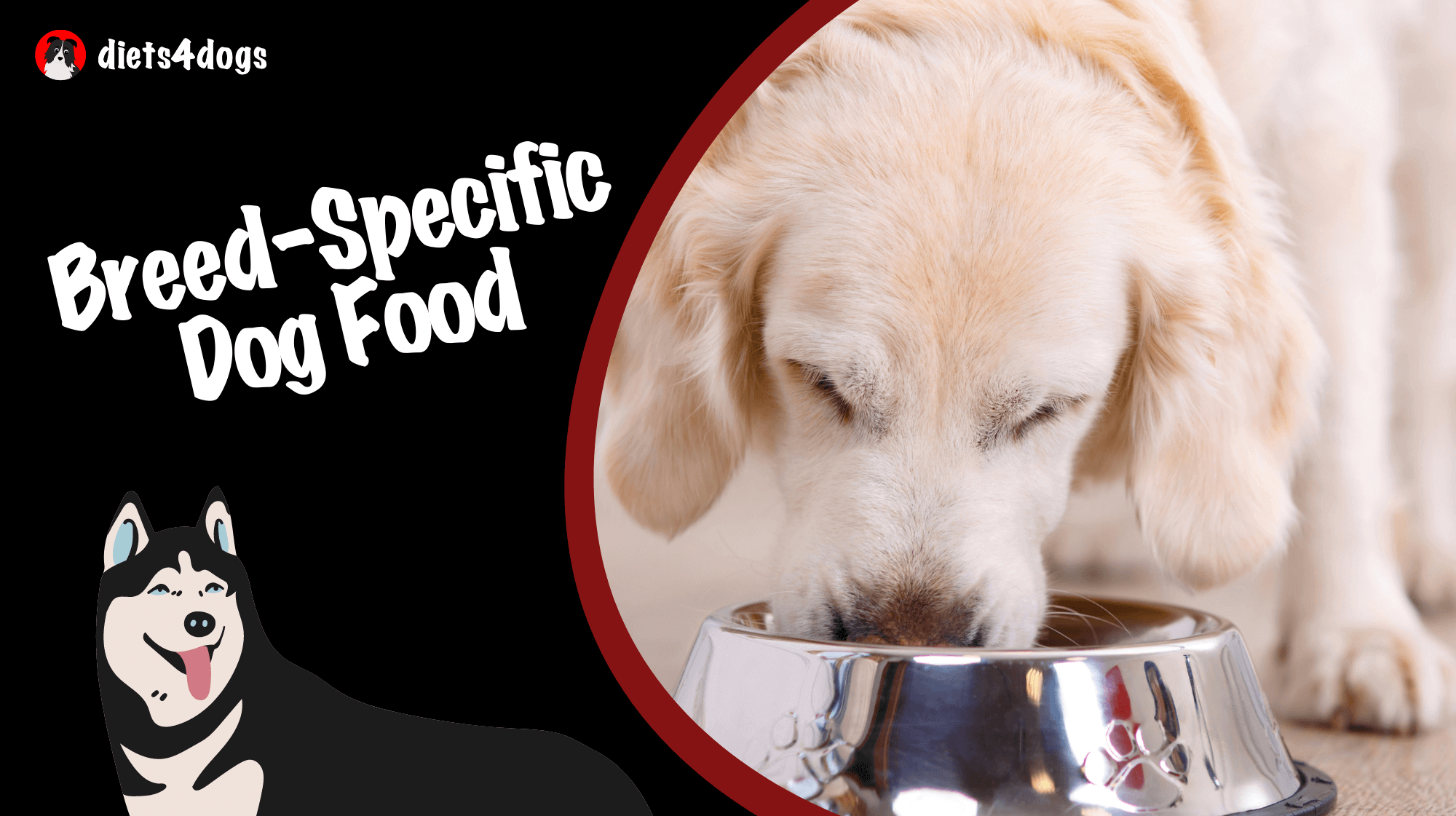As our furry companions grow older or encounter breed-specific joint challenges, it’s essential to ensure their diet meets their unique nutritional needs. Enter the world of premium dog food for joint health, designed to keep your canine’s joints limber and their tails wagging! Containing higher levels of glucosamine, chondroitin, and those ever-essential omega-3 fatty acids, these premium offerings are a game-changer in supporting joint function and reducing inflammation. So, hop on the journey towards doggy joint wellness, as we explore everything a responsible, loving dog owner needs to know in order to keep their best friend healthy, happy, and mobile!
Dog Food for Joint Health
Dog food for joint health is specially formulated to provide the necessary nutrients that support healthy joints and mobility in dogs. These premium dog foods often contain higher levels of glucosamine, chondroitin, and omega-3 fatty acids, which work together to improve joint function, reduce inflammation, and ensure your dog remains active and comfortable as they age or face breed-related joint issues.
Understanding Joint Health in Dogs
Before diving into the world of premium dog food for joint health, let’s first understand the basics of joint health in our beloved canine companions. Like humans, dogs can suffer from joint-related issues, such as arthritis, hip dysplasia, and general inflammation, which can greatly affect their mobility and overall quality of life. By focusing on their diet, we can help to alleviate symptoms and maintain their joint health as much as possible.
Nutrients to Look for in Premium Dog Food
When searching for the perfect dog food to support joint health, ingredients are key! Here are some of the most essential nutrients you should look for in a premium dog food:
Glucosamine and Chondroitin
Glucosamine is a naturally occurring compound found in your dog’s cartilage, while chondroitin is found in the connective tissue. Both elements are crucial for the synthesis and maintenance of joint cartilage. As dogs age or suffer from joint issues, the production of glucosamine and chondroitin might decline, leading to joint wear and tear. A dog food containing adequate amounts of these two compounds can help maintain joint health and alleviate discomfort caused by various joint conditions.
Omega-3 Fatty Acids
Omega-3 fatty acids, such as eicosapentaenoic acid (EPA) and docosahexaenoic acid (DHA), are essential for maintaining overall health and have been shown to have anti-inflammatory effects, which can be beneficial for dogs with joint issues. Fish, such as salmon and krill, are excellent sources of omega-3 fatty acids, and many premium dog food brands incorporate these ingredients in their recipes to help maintain healthy joints.
Antioxidants
Antioxidants are essential for neutralizing free radicals in your dog’s body, which can cause damage to cells, including those within the joints. Examples of antioxidants include vitamins E and C, beta-carotene, and selenium, which can be found in whole-food sources, such as fruits, vegetables, and grains. Many premium dog food brands are formulated with natural sources of antioxidants to boost your dog’s immune system and support joint health.
How to Choose the Right Premium Dog Food for Your Dog’s Joint Health
Armed with knowledge about the essential nutrients for joint health, it’s time to select the perfect premium dog food for your furry pal. When choosing a dog food to support joint health, consider the following tips:
Know Your Dog’s Needs and Preferences
Every dog is unique, and so are their nutritional needs. Factors such as breed, age, weight, and existing health conditions can determine the specific type of diet your dog requires. Consulting with your veterinarian can provide valuable insight into your dog’s specific needs and preferences.
Check the Label
Always examine the product label for a complete list of ingredients and nutritional information. The first few ingredients listed should be high-quality protein sources, like meat or fish. Look for additional nutrients, such as glucosamine, chondroitin, omega-3 fatty acids, and antioxidants to support your dog’s joint health.
Research the Brand
With countless choices available, it’s crucial to select a reputable brand that prioritizes high-quality ingredients and strict quality control. Look for brands with transparent sourcing and manufacturing practices, as well as a minimal history of recalls or controversial ingredients.
Monitor Your Dog’s Progress
Once you’ve made the switch to a premium dog food that focuses on joint health, keep an eye on your dog’s progress. Consult with your veterinarian, and make adjustments as needed to ensure that your dog is benefiting from the new diet. Remember, healthy joints are key to your dog’s ability to lead a happy, active life!
Importance of Weight Management for Joint Health
Maintaining an optimal body weight is crucial for your dog’s overall health, especially when it comes to joint health. Excess weight puts undue stress on joints and can lead to a speedy deterioration of joint function. Combining dog nutrition focused on joint health with proper weight management is essential for maximizing your dog’s mobility and comfort.
Feeding Guidelines
Always follow the feeding guidelines provided on your premium dog food packaging or consult with your veterinarian for personalized recommendations based on your dog’s individual needs. Keep in mind that the amount of food consumed should match your dog’s daily energy expenditure, considering factors such as age, size, activity level, and health condition.
Regular Exercise
Incorporating regular, low-impact exercise is an essential part of your dog’s weight management and can help support joint health. Activities such as swimming, walking, and light fetch can help strengthen your dog’s muscles around the joints, improve cardiovascular function, and maintain a healthy range of motion. Always consult with your veterinarian for tailored exercise recommendations that cater to your dog’s specific requirements and any existing joint issues.
The Role of Supplements in Dog Nutrition for Joint Health
While premium dog food for joint health can play a significant role in providing essential nutrients, it’s worth discussing the benefits of joint health supplements with your veterinarian. Depending on your dog’s needs, additional supplementation of glucosamine, chondroitin, or omega-3 fatty acids may be beneficial. Some popular supplements include:
Green-lipped Mussel
Green-lipped mussels, native to New Zealand, are a natural source of glucosamine, chondroitin, and omega-3 fatty acids. Supplements containing green-lipped mussel extract have been shown to reduce joint discomfort and inflammation in dogs.
Turmeric & Curcumin
Curcumin, found in turmeric, possesses strong anti-inflammatory and antioxidant properties, which can have a positive impact on joint health. Some studies have demonstrated its potential in reducing pain and inflammation linked to arthritis in dogs.
MSM (Methylsulfonylmethane)
MSM is a natural sulfur compound found in many foods and can be used as a supplement to support joint health in dogs. This compound may reduce inflammation and alleviate pain related to joint issues, such as arthritis.
Always consult with your veterinarian before starting any new supplement regimen to ensure it’s appropriate for your dog’s unique needs and health condition.
When to Seek Veterinary Care
While good dog nutrition and a joint health-focused diet are vital in supporting your dog’s mobility, it’s essential to keep an eye out for any signs of joint issues that may require further veterinary attention. Some warning signs include:
- Limping or stiffness, particularly after resting or first thing in the morning
- Reluctance to engage in usual activities, such as walking, running, or jumping
- Swollen or warm joints
- Signs of discomfort or pain when touched, especially around the joints
If you notice any of these signs in your dog, it’s crucial to seek veterinary care to obtain an accurate diagnosis and discuss appropriate treatment options. In some cases, a combination of dietary changes, supplements, medications, and physical therapy may be necessary to address your dog’s joint issues and improve their overall quality of life.
Frequently Asked Questions
As you venture into the world of premium dog food for joint health, some questions may arise. In this FAQ section, we’ve compiled a list of common questions and their concise answers to help you better understand how to support your dog’s joint health through nutrition and diet.
1. When should I start considering joint health in my dog’s diet?
It’s never too early to be proactive about your dog’s joint health. Although joint issues are more prevalent in older dogs, younger dogs can still benefit from a diet high in glucosamine, chondroitin, and omega-3 fatty acids to support joint development and maintain joint function throughout their lifespan.
2. Does breed affect my dog’s joint health?
Yes, certain breeds are more prone to joint issues due to genetic predispositions. Large and giant breeds, such as Great Danes, Labrador Retrievers, and German Shepherds, are at a higher risk of developing hip dysplasia and other joint problems. However, all breeds can benefit from a diet formulated to support joint health.
3. Can I give my dog human joint supplements?
While some human joint supplements may contain ingredients similar to those in canine-specific products, it’s crucial to consult your veterinarian before giving your dog any human supplements. Dosages, formulations, and additional ingredients in human joint supplements may not be suitable for your dog’s unique needs and could cause unintended side effects.
4. How long does it take to see improvement in my dog’s joint health after changing their diet?
It may take several weeks to a few months to observe noticeable improvements in your dog’s joint health after transitioning to a joint-supporting premium dog food. Factors such as age, breed, and severity of joint issues can impact the timeline. It’s essential to be patient and monitor your dog’s progress closely during this period.
5. Can obesity affect my dog’s joint health?
Absolutely. Obesity puts additional stress on your dog’s joints, leading to an increased risk of joint issues such as arthritis and hip dysplasia. Maintaining an optimal body weight through proper diet and regular exercise is a crucial component of your dog’s joint health management.
Adding fresh or raw ingredients like fish, vegetables, and fruits to your dog’s diet can provide additional support for joint health. Ensure to consult with your veterinarian before making any modifications to your dog’s meal plan, as they can guide you on appropriate ingredient choices and proportions.
7. Do puppies need a separate joint health dog food?
Puppies have unique nutritional requirements and should be fed age-appropriate food. Consult your veterinarian about adding joint-health supporting ingredients or supplements to your puppy’s diet if you’re concerned about their joint development, especially for at-risk breeds prone to joint issues.
8. Can joint health dog food prevent joint issues in my dog?
While a diet tailored to joint health can help support joint maintenance and reduce inflammation, it cannot completely prevent genetic or age-related joint issues. A joint health-focused diet does, however, contribute positively to overall joint function and may delay the onset of some joint problems.
9. What other lifestyle changes should I make for my dog with joint issues?
Besides dietary adjustments, consider providing your dog with a comfortable sleeping surface, minimizing stress on their joints by using pet stairs or ramps, and incorporating low-impact exercises, such as swimming and walking to maintain mobility and range of motion. Work closely with your veterinarian to develop a comprehensive joint health management plan tailored to your dog’s specific needs.
10. Can I feed my dog with allergies a joint health-focused diet?
Yes, premium dog food brands often offer hypoallergenic options that target joint health and cater to dogs with food allergies or sensitivities. Ingredients like fish, peas, and oatmeal are common in such formulations due to their low allergenic potential. Consult your veterinarian for specific recommendations and guidance.




